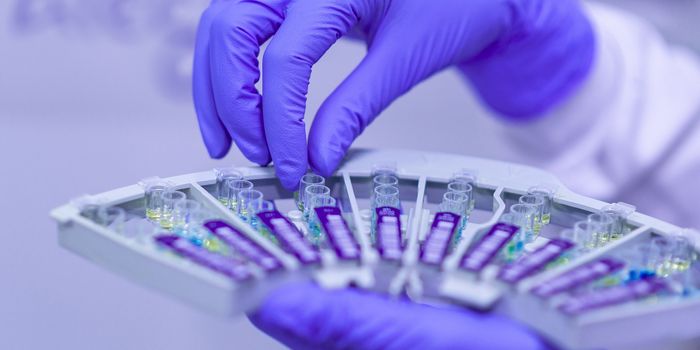Hormone Replacement Therapy Restores Healthy Immune Response
Hormone replacement therapy (HRT) or menopausal hormone therapy (MHT) are treatments to mediate symptoms of menopause. Patients that had a hysterectomy are also prescribed HRT. Specifically, HRT replaces estrogen to alleviate hot flashes, mood swings, vaginal dryness, and others. Women can take this therapy in many forms including, oral tablets, skin patches, and a vaginal ring. Interestingly, it has been reported that menopausal symptoms are not only alleviated, but women also have protected bone health.
Unfortunately, there are risks of taking HRT. Women can experience side-effects, including nausea, headaches, and weight changes. Additionally, women who have a hysterectomy and keep their ovaries are usually prescribed progestin (a form of progesterone) to reduce risk of uterine cancer. While symptomatic reports have seemingly been beneficial to patients, it is currently unknown how HRT affects the immune system in aging women. A recent article investigates this topic to provide a better understanding of HRT and how it could affect women’s health.
A study published in Aging Cell, by Dr. Emma Chambers and others, demonstrated how aging and sex differences influence a key immune cell subtype, monocytes. Chambers is a Senior Lecturer in Immunology in the Centre for Immunobiology at Queen Mary University of London. Her work focuses on how immunity changes throughout one’s lifetime. Specifically, Chambers investigates how sex hormones impact immune function as individuals get older.
Chambers and her team first reported that menopause significantly changes the body’s immune system. As a result, older women are more prone to infections. To determine how aging and sex differences influence immunity, the group analyzed blood samples from younger (less than 40 years old) and older adults (over 65 years old). Researchers discovered that post-menopausal women have an increased amount of pro-inflammatory white blood cells, known as monocytes. These cells are less effective than others to clear invading pathogens. Moreover, men of parallel ages did not have a change in monocyte levels, suggesting this disruption is due to menopause and specific to female immunity.
To further understand HRT’s influence on immunity, scientists analyzed blood samples of peri- and post-menopausal women taking HRT. Interestingly, women on HRT had healthier immune systems and fewer monocytes. They also had stronger immune cells available to identify and target infections. When comparing post-menopausal women on HRT to women 40 years old or younger, their immune cell profiles looked much similar as opposed to post-menopausal women not taking HRT.
Chamber and her team are the first to report these findings and establish a relationship between the immune system and sex-related age differences. This work highlights a critical moment in women’s immunity. As aging lowers immunity in most individuals, the loss of female hormones accelerates immune deficiency. However, HRT as a supplement for estrogen can restore immune function and improve health. This work has helped the field of women’s health, providing a necessary understanding of the immune system post-menopause. While it is unclear if HRT can improve immune response to infections, the report clearly states that HRT could help maintain immunity. Authors do caution that HRT should not always be prescribed to post-menopausal women for immune health and physicians should consider HRT for patients on a case-by-case basis.
Study, Aging Cell, Emma Chambers, Queen Mary University of London








